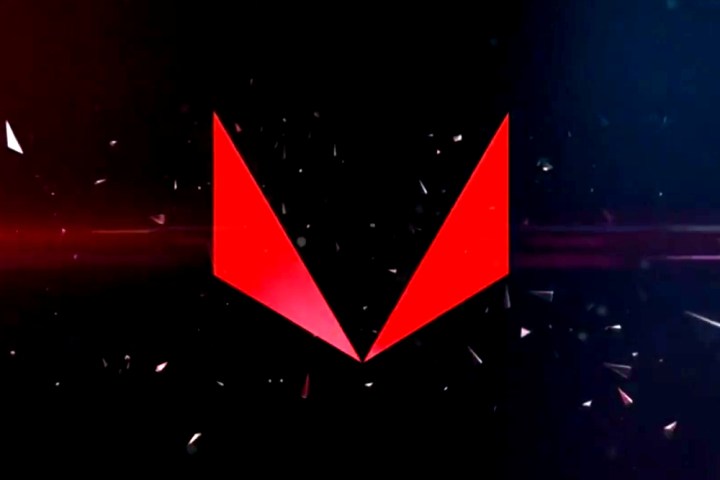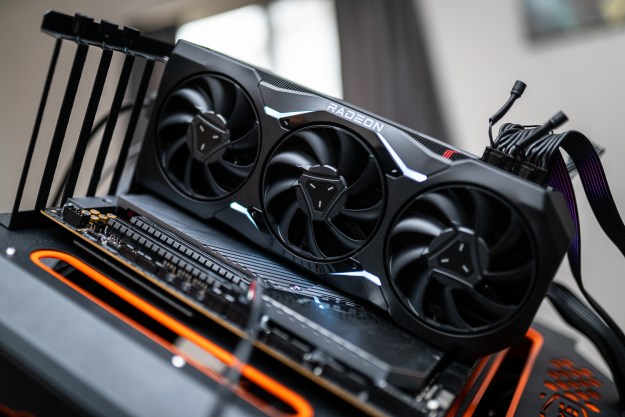
As the Vega line of consumer GPUs gets closer, the thirst for information on how they can be expected to perform continues to grow. Up until now, that information has been hard to come by, but that’s starting to change as benchmark results begin to filter out.
The earliest look at Vega’s potential has come by way of the Radeon Vega Frontier Edition, the just-released commercially focused cards aimed at providing optimal performance for professional applications. Early benchmarks indicate that the Vega Frontier Edition does indeed perform well in those sorts of applications, exceeding the Nvidia GeForce GTX 1080 in Cinebench, SolidWorks, Catia, and others.
Of course, gamers are concerned with the upcoming consumer line, the AMD Radeon RX Vega cards that will be optimized for gaming performance and not for getting work done. AMD has stated that the upcoming consumer GPUs will be faster than Vega Frontier Edition, but until the benchmark results are available to back up that claim, gamers will be doubtful.
The first results are promising. As wccftech.com reports, the high-end Radeon RX Vega board, code-named 687F:C1, has been verified to perform similarly to the Radeon GTX 1080 in 3DMark 11, scoring 31,873 in the graphics portion of the benchmark. That’s about 4,000 points faster than the GTX 1080 and twice as fast as the GeForce GTX 1070. It’s significantly less than the GeForce GTX 1080 Ti, however, which scored in excess of 38,000 points.

As Videocardz points out, this score was achieved with an overclocked Radeon RX Vega 687F:C1, and so the comparison isn’t necessarily valid at this point. The site does point out, however, that these results seem to be significantly improved from just three months ago, with the card achieving a 15-percent performance improvement. That bodes well for the GPU’s eventual release, given that AMD still has time to optimize the line before it makes its way into gamers’ machines.
Time will tell if AMD will release a competitive product that will require Nvidia to respond in kind. There’s reason to be optimistic, however, particularly if AMD can match its success in CPUs, which has turned that market into a far more competitive landscape.
Editors' Recommendations
- I tested AMD’s RX 7800 XT against Nvidia’s RTX 4070, and there’s a clear winner
- AMD may soon launch a new GPU, but it’s probably not the one you think
- Here’s how you can get The Last of Us for free from AMD
- Here’s how to get your free 40% performance boost from AMD
- Nvidia RTX 4070 Ti vs. AMD RX 7900 XT: Two odd choices for your next GPU



